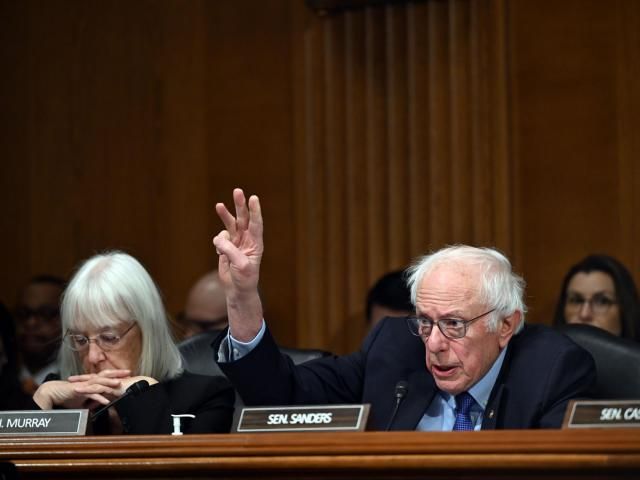St. Luke's Leads the Charge: Why Hospitals Are Suing Blue Cross Blue Shield Over Pricing

A major legal battle is brewing in the healthcare industry. St. Luke’s University Health Network, alongside numerous other health systems across the United States, has launched a lawsuit against Blue Cross Blue Shield (BCBS) Association and its affiliated companies. But what's at the heart of this significant legal challenge? The core allegation is a decades-long scheme of price fixing, potentially impacting millions of Americans and costing hospitals billions.
The Allegations: A Pattern of Price Control
The lawsuit, filed in Minnesota, claims that BCBS, through its network of independent licensees, systematically suppressed reimbursement rates for out-of-network services. Essentially, hospitals argue that BCBS has engineered a system where they are forced to accept artificially low payments when patients seek care outside the BCBS network. This practice, according to the lawsuit, has been ongoing for decades, resulting in substantial financial losses for hospitals and ultimately impacting patient care.
The plaintiffs allege that BCBS used its market dominance to dictate terms to hospitals, preventing fair negotiation and competition. They claim BCBS leveraged its size and influence to establish a “shadow network” – a system where BCBS would arbitrarily determine what constitutes ‘reasonable’ out-of-network rates, regardless of actual costs or market values. This, they argue, has created a distorted market where hospitals are left with little recourse but to accept these diminished payments.
Why Now? The Growing Pressure on Healthcare Costs
The timing of these lawsuits is significant. Healthcare costs in the United States continue to be a major concern for individuals, employers, and the government. The COVID-19 pandemic further strained the healthcare system, highlighting the financial vulnerabilities of hospitals. As hospitals grapple with rising operational costs and workforce shortages, the pressure to challenge BCBS's pricing practices has intensified.
Furthermore, increased scrutiny of the healthcare industry and growing support for transparency in pricing have created a more favorable environment for these legal challenges. Patients are increasingly demanding to understand how their healthcare bills are determined, and hospitals are seeking to hold insurers accountable for what they perceive as unfair practices.
Impact and Potential Outcomes
The sheer number of health systems joining this lawsuit underscores the widespread nature of the problem. If successful, the lawsuit could result in significant changes to how BCBS and other insurers negotiate reimbursement rates with out-of-network providers. It could also lead to increased transparency in pricing and a more level playing field for hospitals.
However, the legal battle is expected to be lengthy and complex. BCBS is likely to vigorously defend its pricing practices, arguing that they are necessary to control healthcare costs and ensure affordability for members. The outcome will likely depend on the court's interpretation of antitrust laws and its assessment of the evidence presented by both sides.
What does this mean for you?
While the legal proceedings unfold, patients may not immediately notice any changes. However, a favorable outcome for the hospitals could ultimately lead to improved access to care, higher quality services, and potentially, more sustainable healthcare costs in the long run. It’s a developing story, and its implications for the future of healthcare in the U.S. are substantial.






